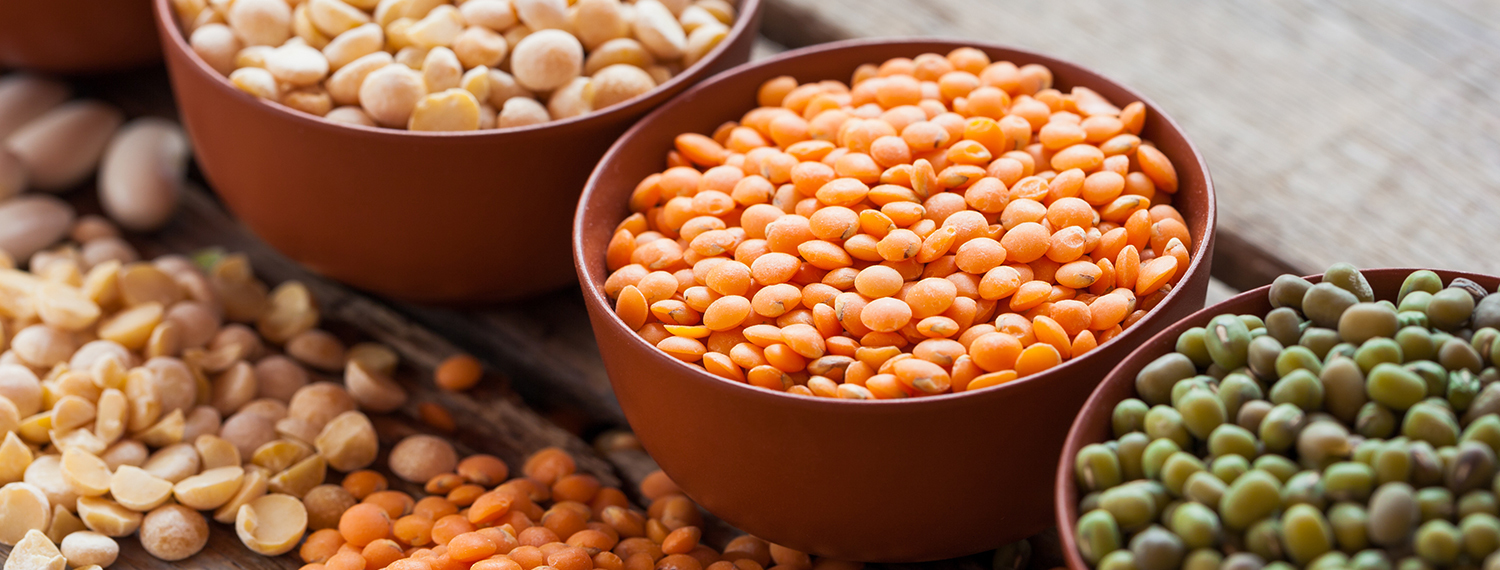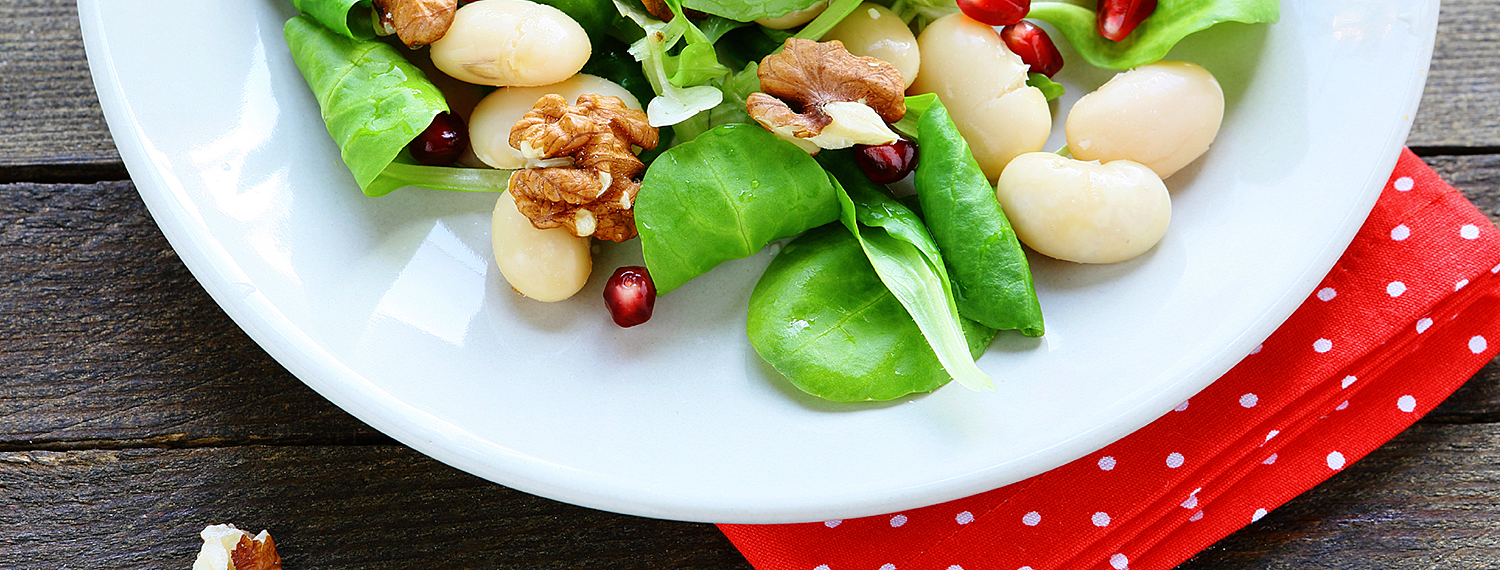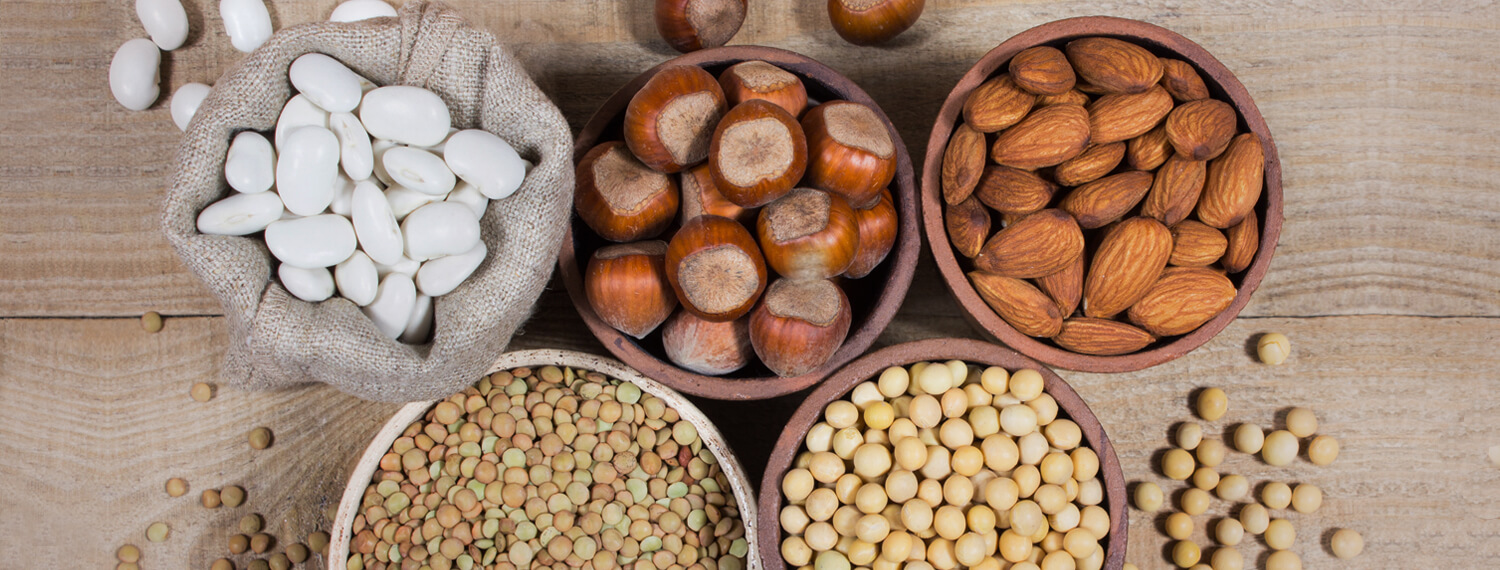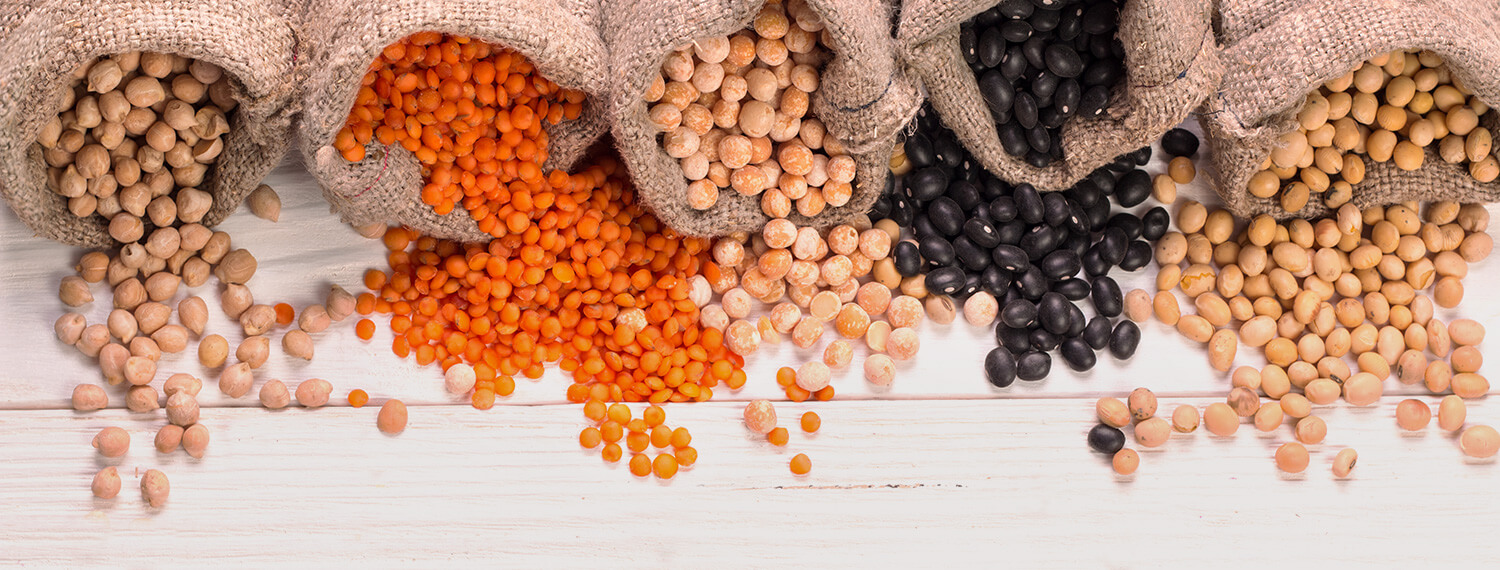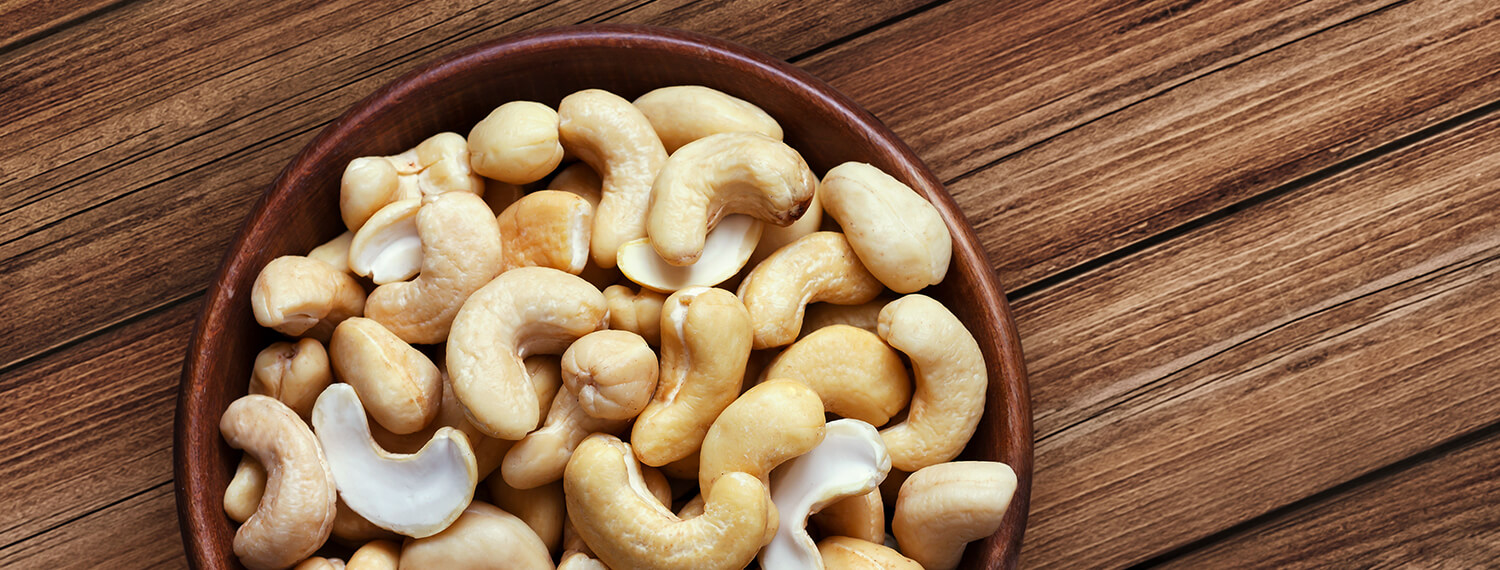One of the most frequent questions that people ask us is “How do you get enough protein when following a whole food, plant-based diet?” Many believe the myth that to get adequate protein, you must consume animal-based foods. In this group of articles we dispel that myth and talk about the many plant-based protein options available to you.
The Essentials—The Awesome Amino Acid
In this article, we are discussing essential amino acids—those protein building blocks so key to a healthy, vibrant life. We will pull back the curtain on all the myths that swirl around this subject, including whether we need to source these essential amino acids from an animal or a plant-based diet. It’s time to explore the real truth about this most ‘essential’ subject.
Protein—Too Much of a Good Thing?
Diets can be a lot like fashion. Fads come and go. Everyone wants to be on the latest diet. And governmental nutritional guidelines change like hemlines. Nowhere is this truer than when we discuss the subject of protein. Let’s clarify a few misconceptions, including how much protein you need, how to calculate it, and how to get enough protein in a plant-based diet.
The Protein Question
The discussion of protein boils down to one simple question: Where should we get our protein—from plant or animal sources? The purpose of this article is to answer this query and examine the health risks associated with the overconsumption of protein.
3 Relatively Unknown Protein-Related Problems (And How to Fix Them)
In this article, we discuss three relatively unknown subjects: the ‘engine of aging’ enzyme (TOR), an adrenal steroid hormone (DHEA), and an amino acid called methionine. All may have serious repercussions on the length of our lives as well as our risk for cancer. And each may be controlled by the consumption of the right type of protein. Let me explain.
Calming the Soy Storm
A lot of debate swirls around one specific protein—soy. Questions like… Is eating soy safe or dangerous? Does it cause or prevent cancer? How much should you really eat? Let’s take a deep breath and untie the knots which surround the subject of soy.
The Brilliant Bean
What is the ONE food that if you eat one cup a day may add up to 3-4 years to your life? When I have asked this question in my past lectures, people usually say “kale” or “leafy green vegetables.” But the true nutrition powerhouse is the often-forgotten BEAN – uniting both protein and fiber into one powerful package. Let’s take a moment to learn more about the brilliant bean.
Eat Your Beans!
For those of us following a whole food, plant-based diet, beans can be a powerful ally as a source of protein, fiber, and as an overall deliciously satisfying meal. And with over 40,000 different varieties, you are sure to never get bored in the kitchen. For those of you who follow this blog, you know how much we love beans. Let’s discuss the many reasons why you should love them too!
Why You Should Be Nuts About Nuts
Nuts. These beautiful gifts of nature have long been the center of controversy—with wildly opposing opinions about whether or not they are really good for us. So… Are nuts the essence of nutrition, tasty treats brimming with health benefits? Or are they to be avoided at all costs, given their fat-inducing high calorie content and questionable nutritional advantages? In this article we unravel the truth.
Cashew: The Nut That Is Not a Nut
The United States clearly has a love affair with cashews. Ninety percent of the world’s cashew production is consumed here! This delicious and nutritious nut has been around for centuries. Let’s time some time to find out more about the wonderful cashew.

